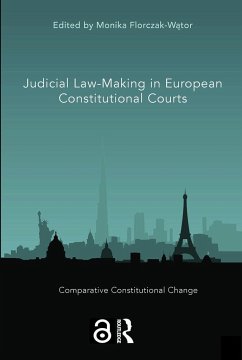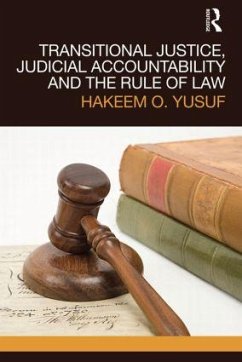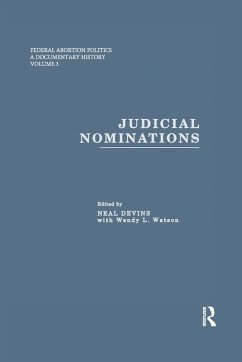
Debating Judicial Appointments in an Age of Diversity
Versandkostenfrei!
Versandfertig in 1-2 Wochen
55,99 €
inkl. MwSt.
Weitere Ausgaben:

PAYBACK Punkte
28 °P sammeln!
This collection engages with the issue of diversity among the judiciary. Each contributor reflects on a current debate about judicial appointments and analysing ways in which that debate is likely to develop over the next ten years.














